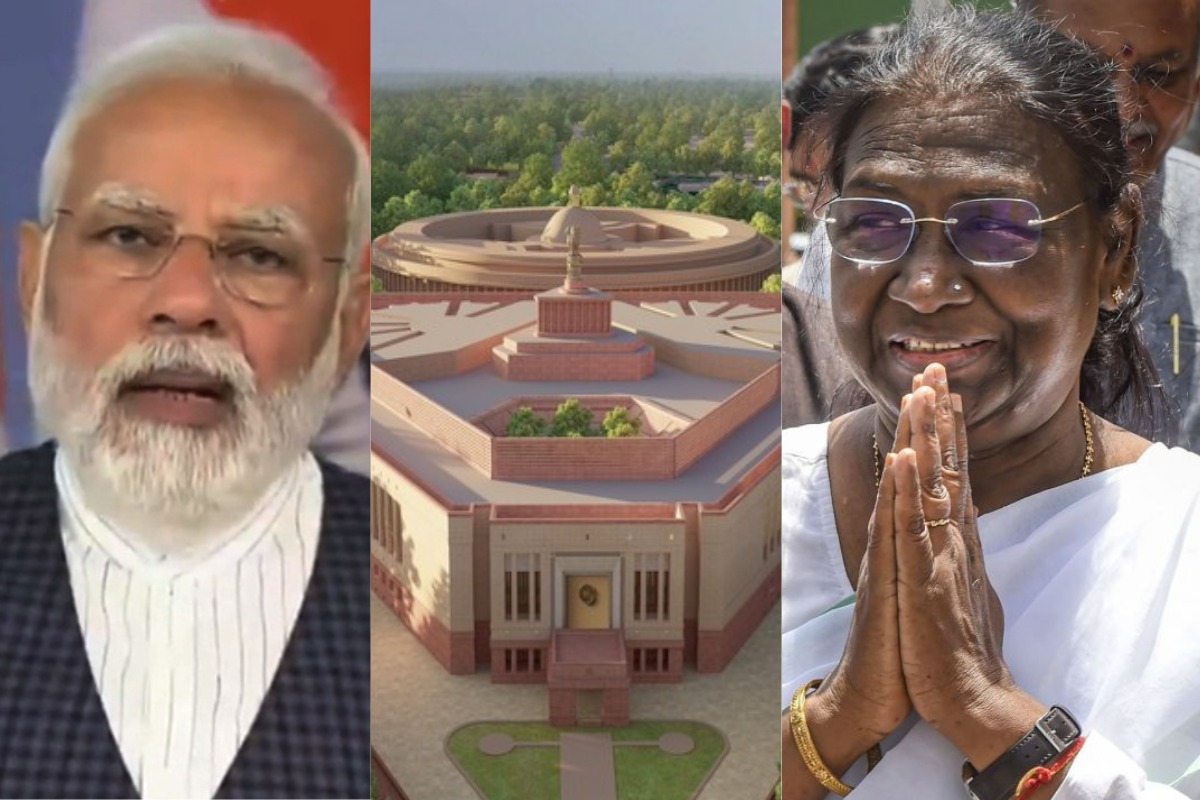The levels of political discourse and engagement in the country having descended to the levels that they have, it is not really surprising that a slew of Opposition parties should have opted to boycott the inauguration by the Prime Minister of the new Parliament building in New Delhi. What they hope to accomplish with this display of pique is quite another matter, for it cannot be their case that they will also not occupy the new structure once it becomes the venue for the country’s most vital democratic engagement.
By expressing displeasure at the government’s decision to have the building inaugurated by the Prime Minister, and not by the President, they appear to suggest that disrespect has been shown to both the Head of State as well as to Parliament. The ruling party, for its part, has churned out precedents to establish that legislatures have been inaugurated in the past by Chief Ministers and not Governors and in one case even by the leader of a political party. The decision of the Opposition parties is ill-advised on several counts, not the least of which is that they have allowed a bias against an individual to override the respect that ought to be shown to an institution.
Advertisement
Secondly, there is little political gain, and considerable harm, that could accrue to the Opposition by this churlish targeting of an individual, when their focus ought really to be on the quality of governance his colleagues and he provide. Third, by criticising what they deem “unusual haste” by the government in announcing the inauguration, they have focused on a non-issue; after all, if the building is ready and is meant to ensure better functioning of the country’s main legislature, it ought to be put to use as soon as possible.
And finally, the suggestion that they see no value in a new building when the “soul of democracy has been sucked out of Parliament” is disingenuous because Opposition parties, when they were earlier in power and now have been equal participants in the desecration of the institution. On the contrary, it can be argued that a new building ought to have heralded new beginnings, and led to a far more mature approach to parliamentary democracy – from either side of the political divide – than we have seen in the past couple of decades.
The Opposition though has from the moment the project was announced, displayed churlishness, first over what they termed environmental concerns, then at not having been consulted, and finally over its foundation stone being laid when farmers were protesting. But so far no cogent rebuttal of the government’s position ~ that the old Parliament House was showing signs of distress and was proving inadequate ~ has been offered except to say in vague and general terms that the existing structure could have been refurbished.
The Opposition parties’ decision is not unexpected, as going into the last year of this government’s term, it is clear that acrimony will mark every transaction in the national discourse. But little of what has transpired augurs well for India’s democracy.
















